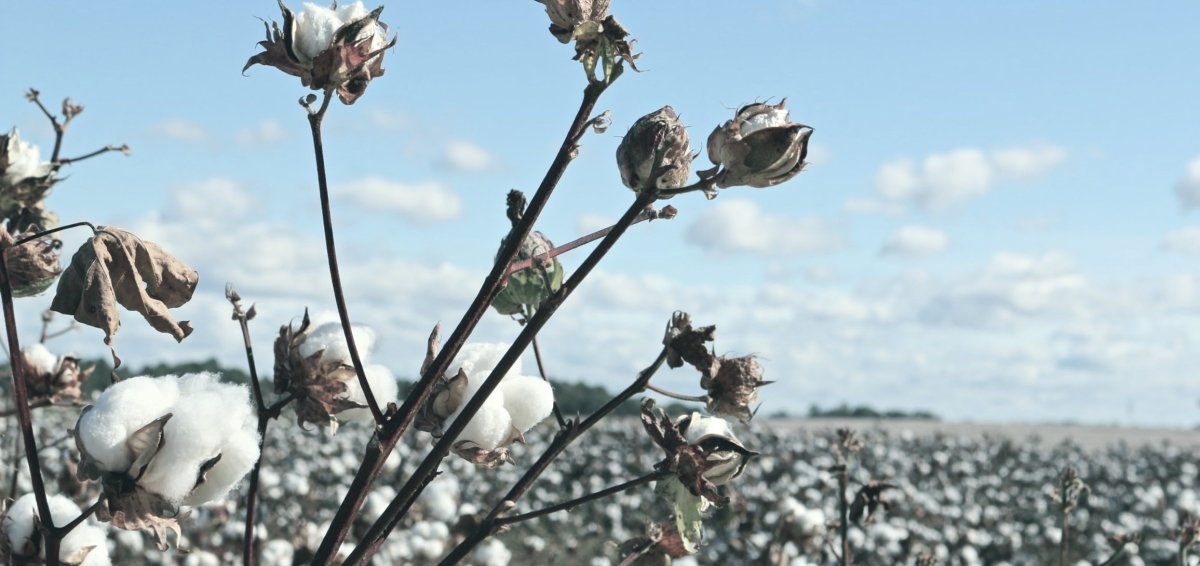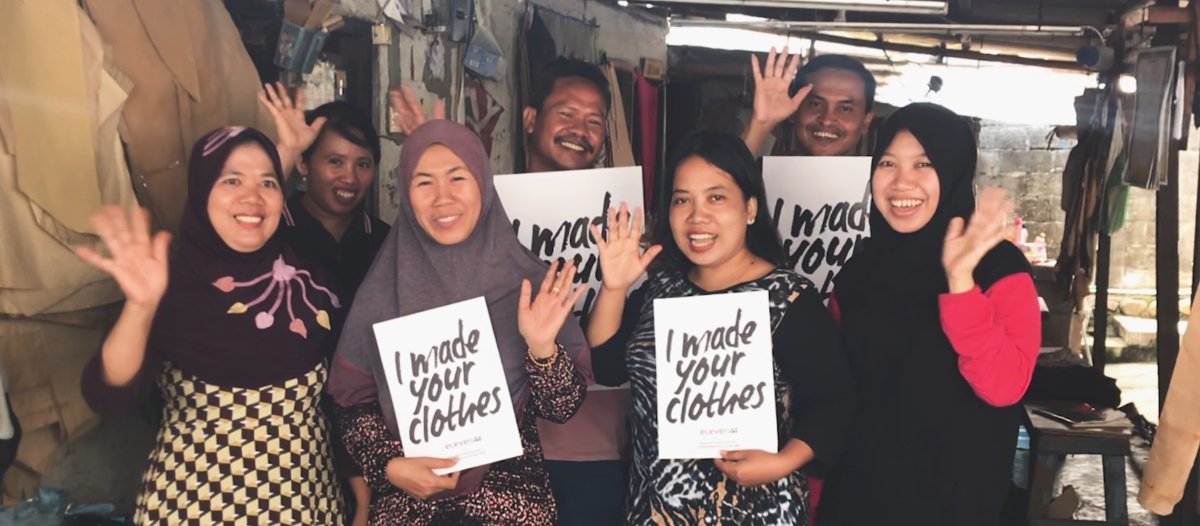
Certified Organic Cotton and Why it Matters
The term “GOTS Certified Organic” is being used more and more as people all over the world are awakening to the harsh realities of the conventional cotton industry and stepping into the realm of a more sustainable future by choosing organic. Not just in their produce, but in their textiles too. We want to feel good about what we put on our bodies, not just in them.
What is GOTS Certified Organic Cotton?
GOTS or the Global Organic Textile Standard is the leading textile processing standard worldwide for organic fibers. Certification requires an on-site inspection of the processors, manufacturers and traders. Beyond the textile itself, the inspection also looks at any chemicals that are being used in processing - dyes, pigments, chemical washes, etc. and goes deep into the supply chain, examining everything from the farming techniques, ensuring that the soil is being maintained without the use of toxic pesticides and fertilizers, to the labour conditions and overall ethics of the operation. Basically, it’s the FDA of Fabrics.
Why it’s so important:.
In our attempt to step one foot in front of the other in an ethical direction, choosing organic cotton over conventional is one of the most important steps we can take. Not only is it better for the farmland it’s being grown on, but also the water sources around it, where toxic chemical bi-products are affected, as well as the farmers who are handling the plants daily.
The cotton industry uses more pesticides than any other plant and is the 2nd biggest cause of pollution in the world next to oil. Yes you read that correctly, and yes it is a harsh reality not many people are aware of.
Organic cotton uses 62% less energy and 88% less water, (it takes over 20,000 liters of water to produce the cotton for just one T-shirt and one pair of jeans using conventional cotton farming methods.)
So really, when it comes to textiles, choosing organic cotton over conventional makes the biggest impact. And makes a very SIGNIFICANT difference.
What you can do:
- Choose organic cotton over regular. Just by making that choice to buy an organic cotton garment, you are saving water, supporting organic farmers, taking better care of yourself (by not wearing clothing made with toxic chemicals) and contributing to a solution towards a cleaner planet. Shop our organic cotton looks here.
- Check for certification. Marketing can be misleading and many brands claim to be organic without actually having any certification. If it’s not clear, it’s probably not organic. GOTS and OCS - the Organic Content Standard (a third party that traces the fabric’s source) are the only ways to know for sure it is certified organic.
- Spread the word. Talk about it openly and share the news so that more people can be aware of the effects of the cotton industry, and support companies that have the planet’s best interest. Knowledge is power.
- Ask for Organic Cotton. If a brand you really like is creating great styles but using conventional cotton, reach out to them. Ask them to switch to organic and show that there is a demand for it. As consumers, we have the power to change what is sold based on changing what we buy.




Leave a comment
This site is protected by hCaptcha and the hCaptcha Privacy Policy and Terms of Service apply.